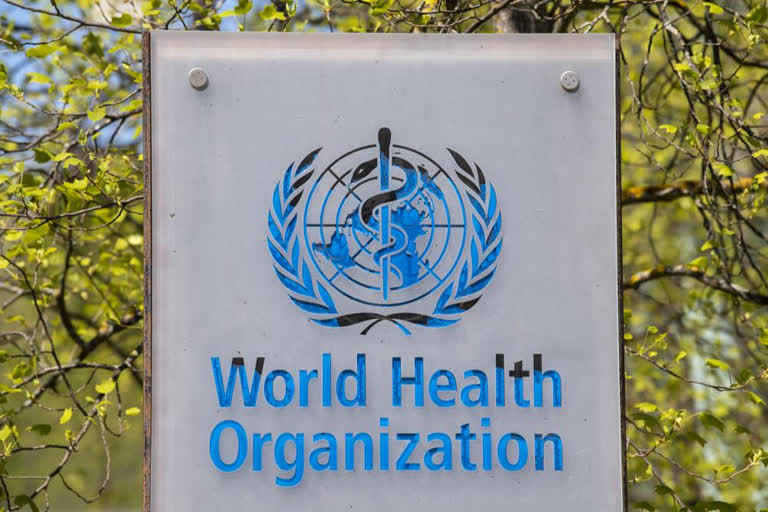United Nations/Geneva: The WHO has warned that increased and rapid spread of the Omicron variant, combined with greater social mixing around the end of year holiday period and challenges with adherence to public health and social measures are expected to lead to a spike in cases, hospitalisations and deaths in the coming weeks.
In its weekly report on the pandemic, the World Health Organisation said on Tuesday that the incidence of COVID-19 has increased globally, initially driven predominantly by transmission of the Delta variant, particularly in the European Region.
It noted that a global decline has been seen for COVID-19 mortality since a peak in August 2021.
"Nonetheless, a combination of the increased and rapid spread of the Omicron variant, increased population movements and social mixing during and after the end of year holiday period and challenges with ongoing adherence to public health and social measures (PHSM) are expected to lead to increased number of cases, hospitalisations and deaths in the coming weeks," it said.
The Omicron variant has spread to countries in all six WHO regions, replacing the Delta variant in most countries for which data are available. It added that countries that experienced a rapid rise in Omicron cases in November and December 2021 are beginning to see declines in cases.
Also Read: WHO recommends two new drugs to treat patients with Covid-19
The update added that the Omicron variant has a substantial growth advantage compared to the Delta variant. This may be attributed to immune evasion, increased intrinsic transmissibility, efficient replication in the upper respiratory tract or a combination of these factors, resulting in a large proportion of the population becoming infected or reinfected, even in countries with high levels of population immunity from previous infection and/or vaccination.
"Despite early data that suggest that the severity of infection associated with the Omicron variant is lower than that of Delta, the very large number of cases, including amongst healthcare workers, has resulted in a substantial number of people requiring hospitalisation, putting pressure on healthcare systems, it said.
As of December 29, 2021, some 8.6 billion doses of vaccine have been administered globally; 57% of the global population has received at least one dose and 47% have completed the primary vaccination series.
The update noted that distribution of vaccines remains unequal, with only 9% of those in low-income countries have received at least one dose, compared to 66% in high-income countries.
Supply to low-income countries is expected to increase rapidly in 2022 through the COVAX and African Vaccine Acquisition Trust (AVAT), however, absorption remains a challenge with countries struggling to manage unpredictable deliveries with a short shelf-life.
"Additionally, vaccine hesitancy persists in a number of settings, it said.
Globally, the number of new COVID-19 cases increased in the past week (10-16 January 2022), while the number of new deaths remained similar to that reported during the previous week.
Across the six WHO regions, over 18 million new cases were reported this week, a 20% increase, as compared to the previous week. Over 45,000 new deaths were also reported.
As of January 16, over 323 million confirmed cases and over 5.5 million deaths have been reported worldwide.
At the country level, the highest numbers of new cases were reported from the US (4,688,466 new cases; similar to previous week's figures), France (2,012,943 new cases; a 26% increase), India (1,594,160 new cases; a 150% increase), Italy (1,268,153 new cases; a 25% increase), and the United Kingdom (813,326 new cases; a 33% decrease), the update said.
PTI



